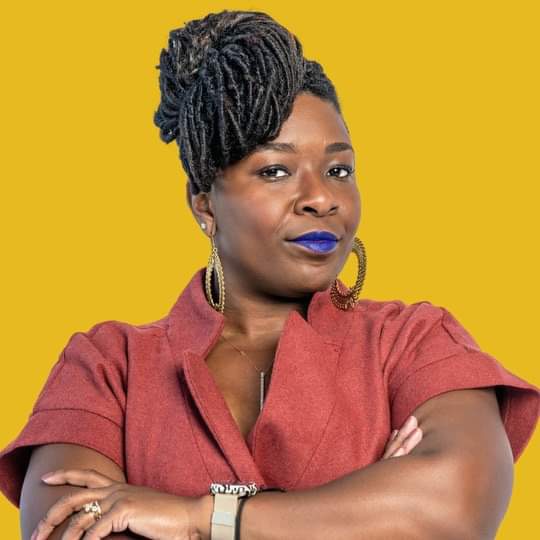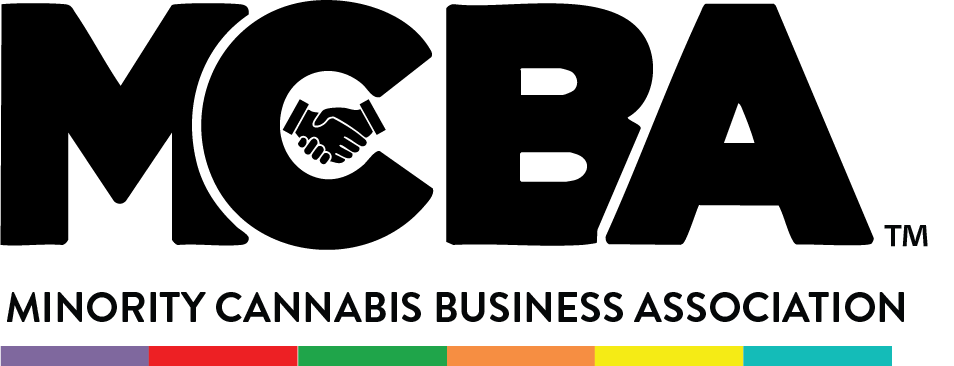

Frederika McClary Easley, president of the Minority Cannabis Business Association (MCBA), brings over 15 years of experience in organized labor to her role. Known for analyzing policy through an equity lens, Easley leads stakeholder engagement initiatives, making her a key figure in advocacy for health and wellness equity. She is guiding the organization through a dynamic period and reflects on the challenges and opportunities ahead.
Easley is eager to support local and state efforts to ensure that the needs of cannabis entrepreneurs are recognized and addressed. This week, CNW sat down with Easley to discuss her priorities. Our conversation has been edited for length and clarity.
CNW: In your opinion, does the DEA witness list reflect the diversity in today’s industry?FE: It depends on your perspective. Currently, 80% of the industry is owned by White individuals, and many retired politicians and law enforcement officials have transitioned into roles as consultants or investors. From this viewpoint, yes, it’s reflective. But if we consider others—such as managers, budtenders, brand owners, those awaiting licensing, and those who continue to suffer due to the contradictions between federal illegality and state regulation—then no, it isn’t truly representative.
CNW: What were your initial thoughts upon seeing the witness list published by the DEA? Does MCBA take issue with the organizations selected, particularly regarding their representation of impacted and diverse communities?
FE: I was disappointed but not surprised—this is the DEA, after all. As for the organizations chosen, we hope they also recognize the need for a truly diverse industry and the debt owed to communities most impacted by the war on drugs. Our issue is with the system, not the individuals involved.
CNW: Now that the date has been pushed to February 2025, does MCBA plan to petition the DEA to be added to the witness list?FE: The MCBA is considering all avenues of action.
CNW: How would rescheduling medical marijuana support equity within the cannabis industry, especially for the Black community?
FE: Rescheduling could eliminate Section 280E tax burdens and broaden research opportunities, both of which would positively impact equity. Right now, due to federal illegality, cannabis businesses lack access to traditional banking and capital, making Black-owned businesses especially vulnerable to predatory deals, excessive fees, and limited credit options. Reports show that only 1% of venture capital funding goes to Black founders overall—so you can imagine the challenges in the cannabis industry. Access to capital is heavily influenced by one’s network, and eliminating the 70% extra tax burden would allow Black-owned businesses to reinvest in themselves, increase profitability, and improve their leverage in negotiations.
For Easley, the rescheduling of cannabis signals that society is moving toward normalizing the plant and acknowledging its wellness properties.
“The more we legitimize and normalize the plant, the easier it becomes to combat stigma with facts. Ultimately, it’s not the American people we need to convince—polls show that 70% of citizens support legalization. It’s those in office we have to reach and put in a position where they have no choice but to support it too,” said Easley.
About Author:

Dr. Mila Marshall is an environmental professional and journalist with a passion for advancing sustainability in all sectors. Her passion is directed towards urban food systems in segregated cities.




